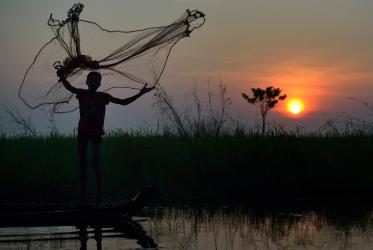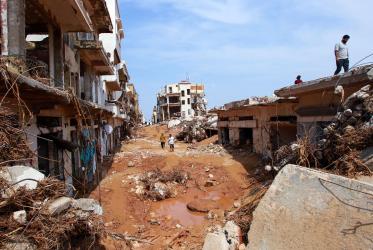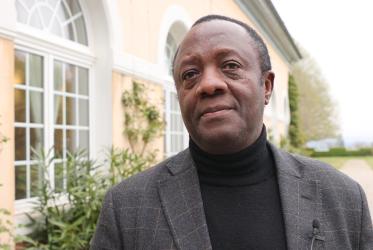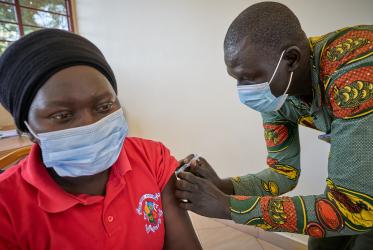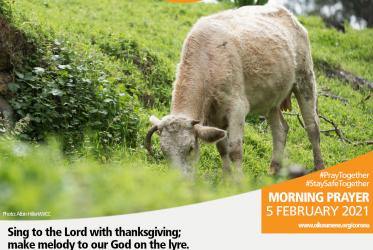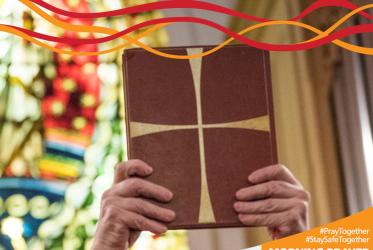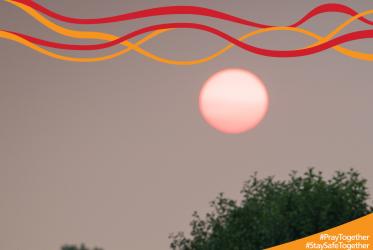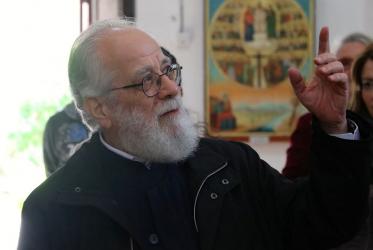Displaying 1 - 20 of 97
Church of Ireland launches appeal to help survivors of Libya floods
21 September 2023
11th Assembly Bible study - Pentecost
22 December 2021
Churches join hands for solidarity, human rights and dignity
18 September 2020
Evangelical Church in Germany advocates for boat rescue of refugees
16 September 2019

